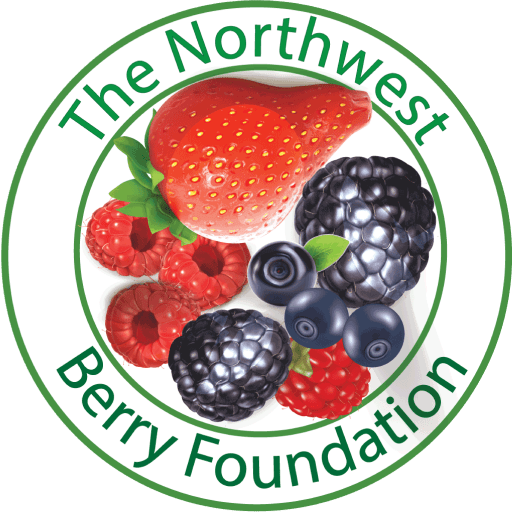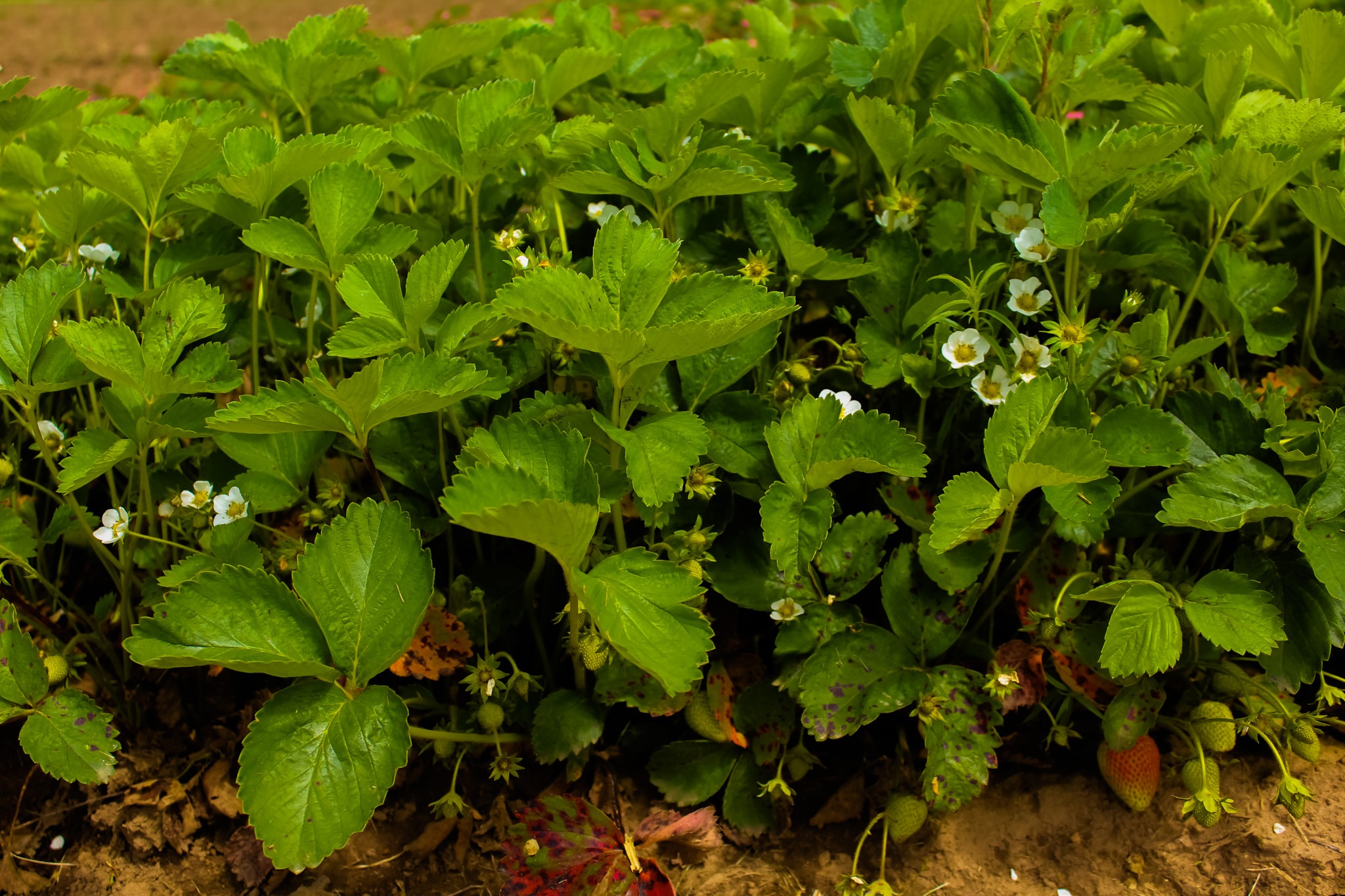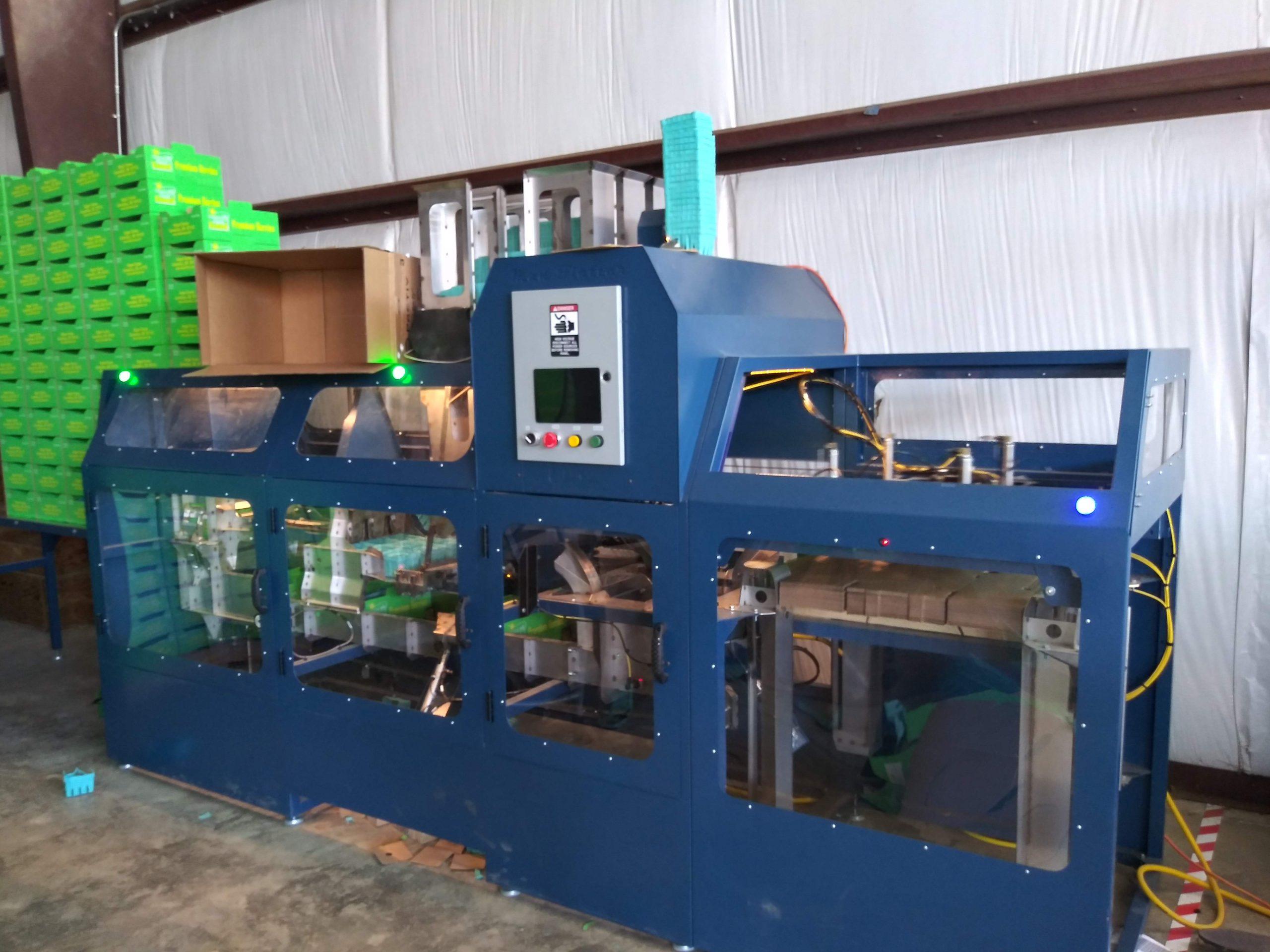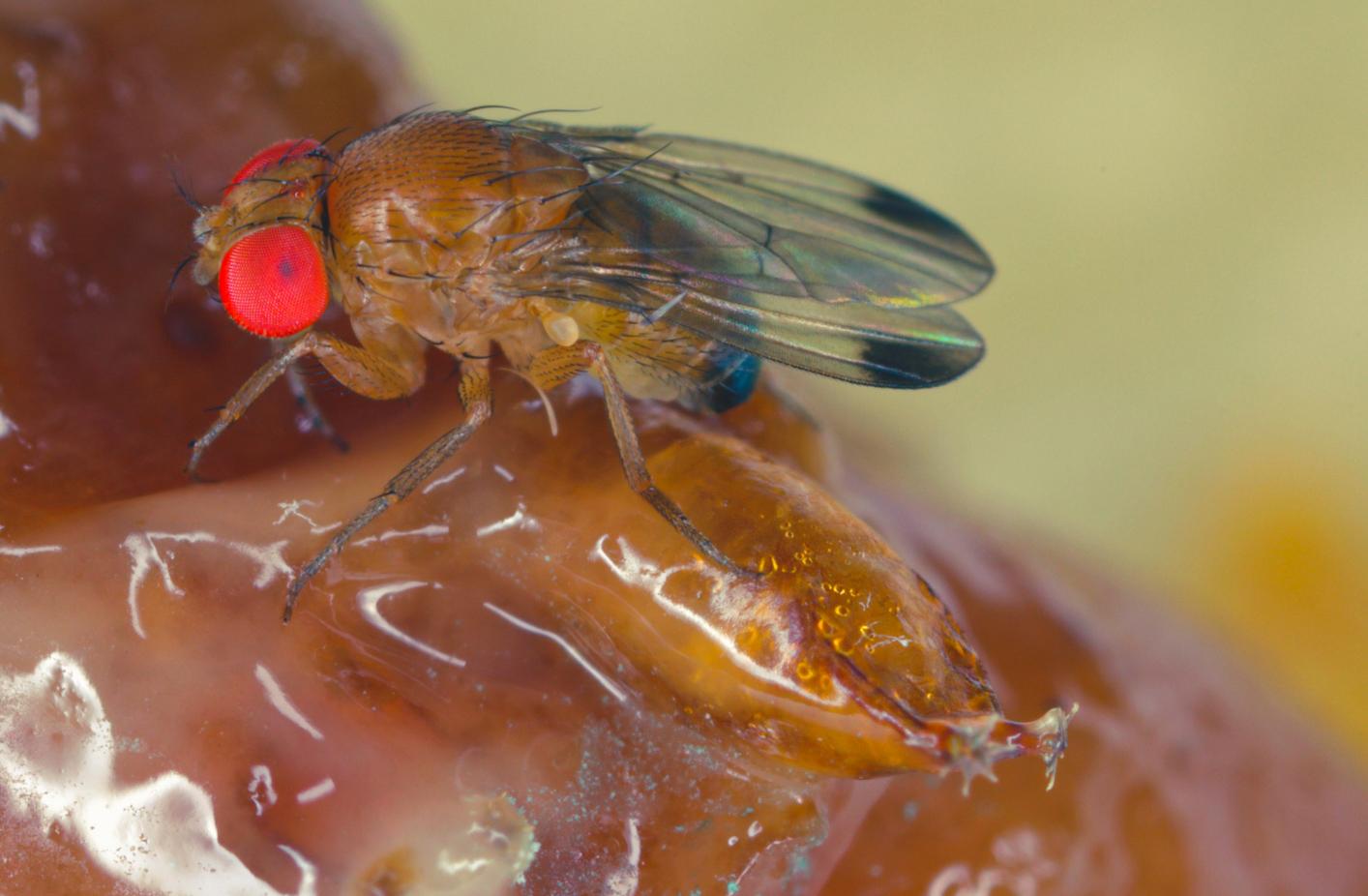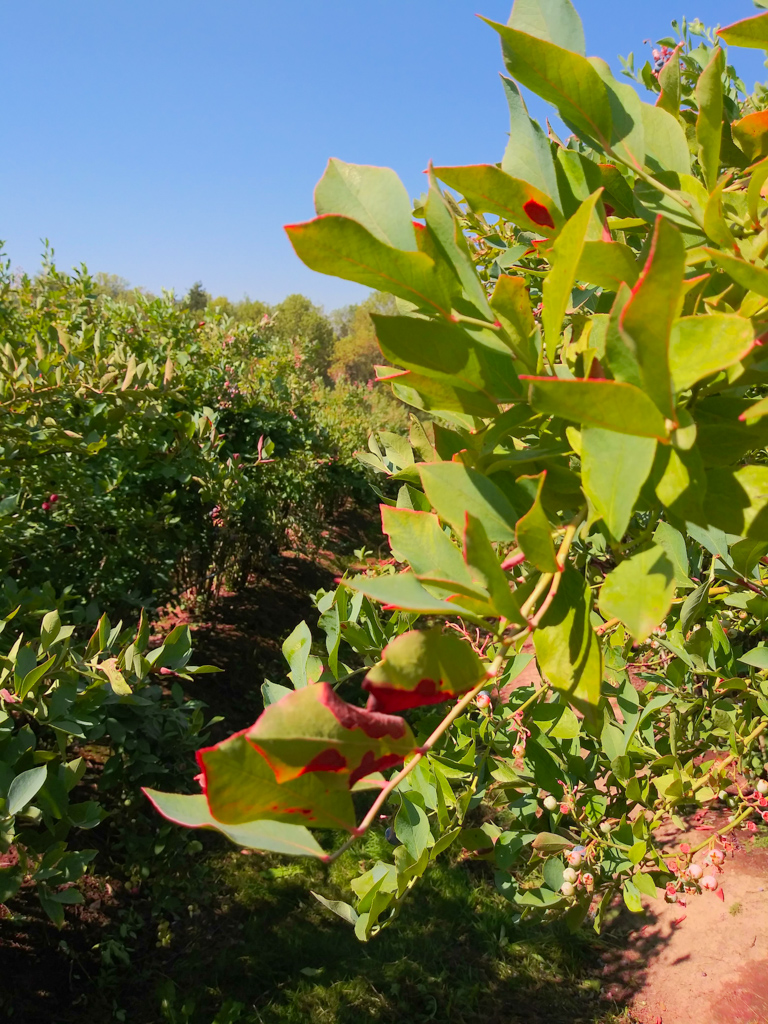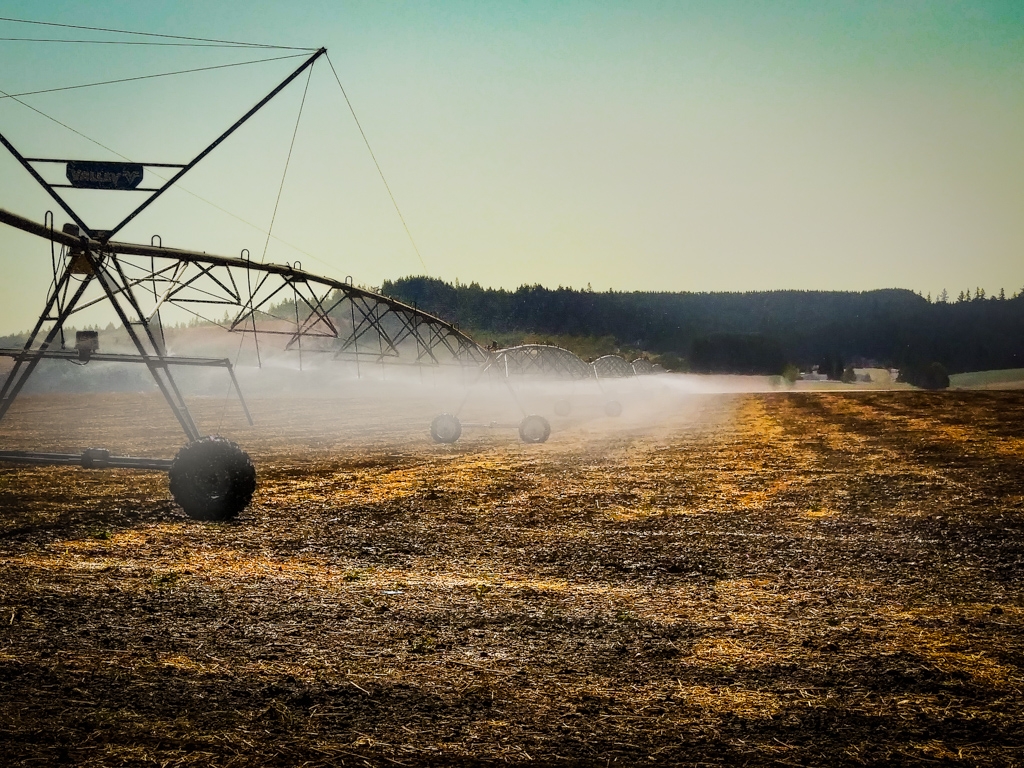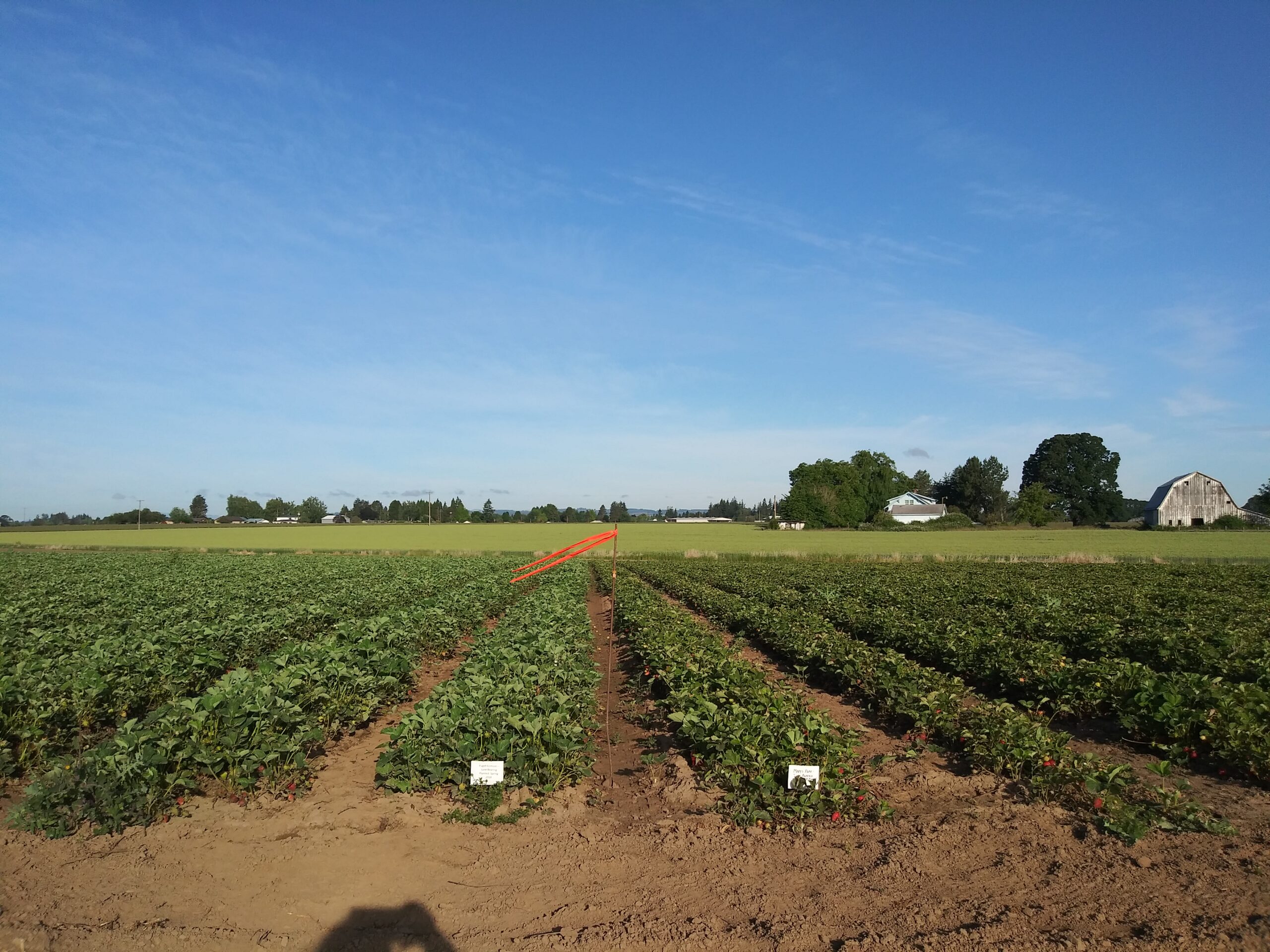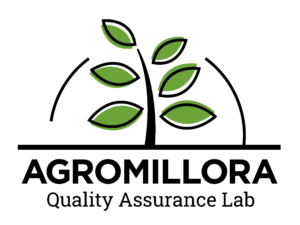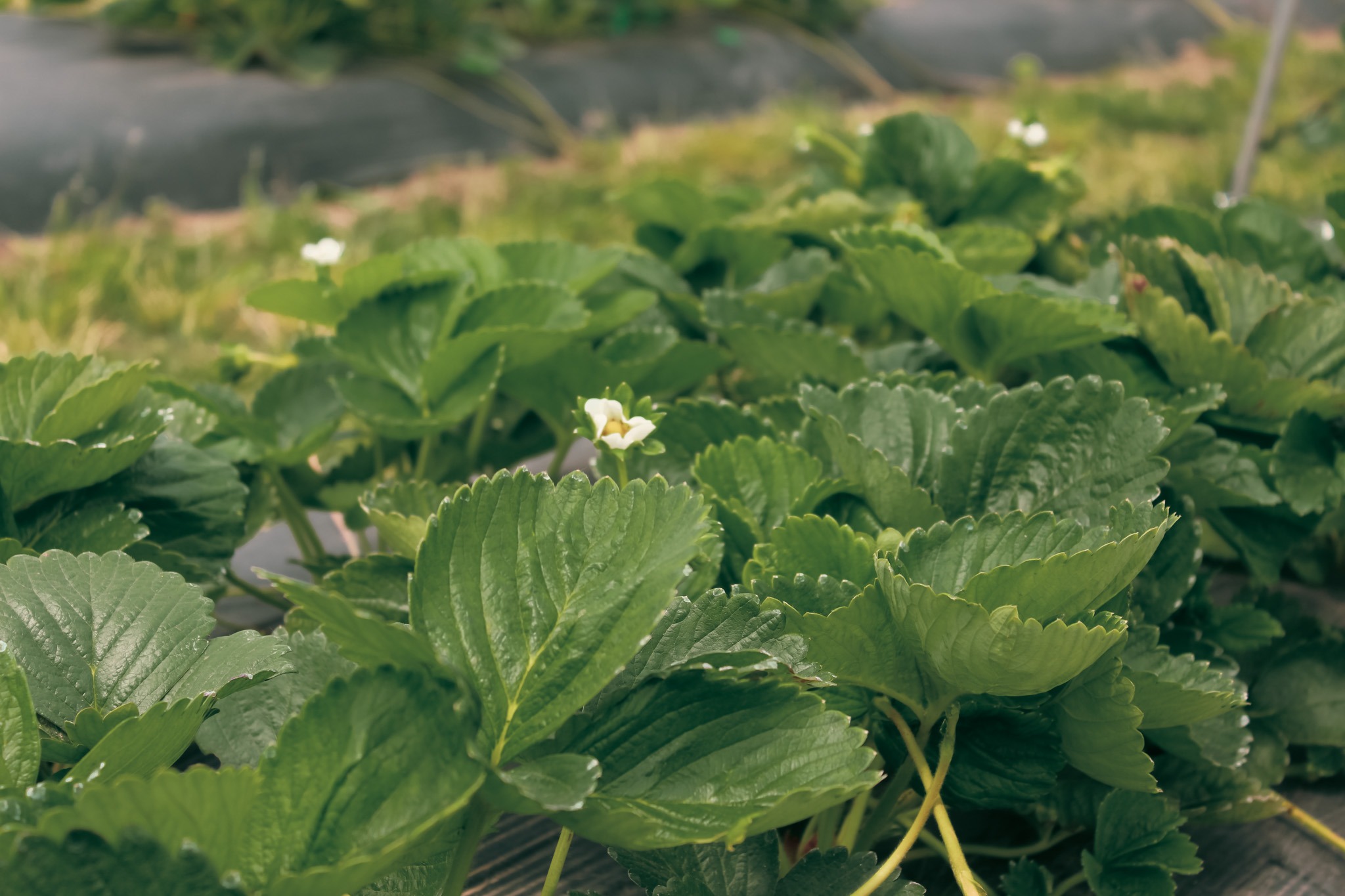
Since late 2022, eight strawberry growers from Washington and Oregon have met to discuss the current needs and brainstorm ideas to support forward movement of the Pacific Northwest industry – conversations which were supported by a grant from the Northwest Center for Small Fruit Research. These Task Force members represent a mix of farms, large and small, for fresh and process markets. It was well understood that the strawberry industry in the Pacific Northwest is at a crossroads, especially in Washington.
Since the disbanding of the Washington Strawberry Commission in 2017, the number of research projects dedicated to strawberries has plummeted as researchers lack clear footing on needs. The key message from these three meetings were growers recognizing the need for breeding research, the importance of the National Clean Plant Network, pesticide registrations, and buyer education about the valuable quality of northwest strawberries versus bi-product sourced from alternate regions/countries. Furthermore, the group recognized that without a strong, grower-led voice in Washington (ie. Commission, grower association, or related group) there was an increased risk of losing the regional breeding programs and other research programs as it’s difficult to advocate efficiently for funding needs. This led the group to circulate a survey to receive input and explore potential ideas as a larger Washington grower group.
The Task Force reviewed survey results from Washington strawberry grower respondents, representing more than half the strawberry acreage in the state, and concluded that growers do believe that breeding research is important to keep the industry going. They discussed other survey findings that WA growers would be supportive of a $0.005-$0.02/plant assessment to support breeding research with slightly more support for $0.02/plant fee because of the risk that the lower fee wouldn’t collect enough funding to be effective. WA growers also responded that they would like oversight in how any assessed funds are spent, yet growers were split about whether to explore the potential to restart the Washington Strawberry Commission. Several growers were interested in exploring it, while one large grower was definitely not interested. Pros and cons of per plant fee collection mechanisms, avenues for a grower collective, among other logistics were discussed.
The Task Force and survey both emphasized the importance of keeping a regional strawberry breeding program. Currently, the WSU’s plant breeding program is about a third of the size of what it was when the Commission was intact. In Oregon, the Strawberry Commission is functioning well, but the extent of ongoing strawberry breeding at the USDA in Corvallis is currently being hired to only supply 10-20% of a breeder position. At the end of this project, a collaborative WA/OR breeding program outline will be presented with the understanding that many efficiencies on general breeding tasks and objectives could be streamlined with the unified Pacific Northwest Priorities.
Understanding the ebb and flow of Oregon production, Oregon Strawberry Commission will be discussing the potential of per plant assessments and review the findings from this Task Force. Oregon will determine the best path forward with the remaining production and how best to be proactive with prioritizing any future changes in assessments.
Finally, a strawberry production economic analysis will be completed and circulated near the end of this project. This, along with the streamlined PNW breeding program outline, and a consensus of main ideas to explore within the regional grower, nursery, and research community will hopefully lead the strawberry industry towards the collective goal to at least maintain current acreage and even regain some market share thus creating a viable strawberry industry in the PNW.
Do you have any thoughts on how to best maintain the PNW strawberry industry? Chime in below
